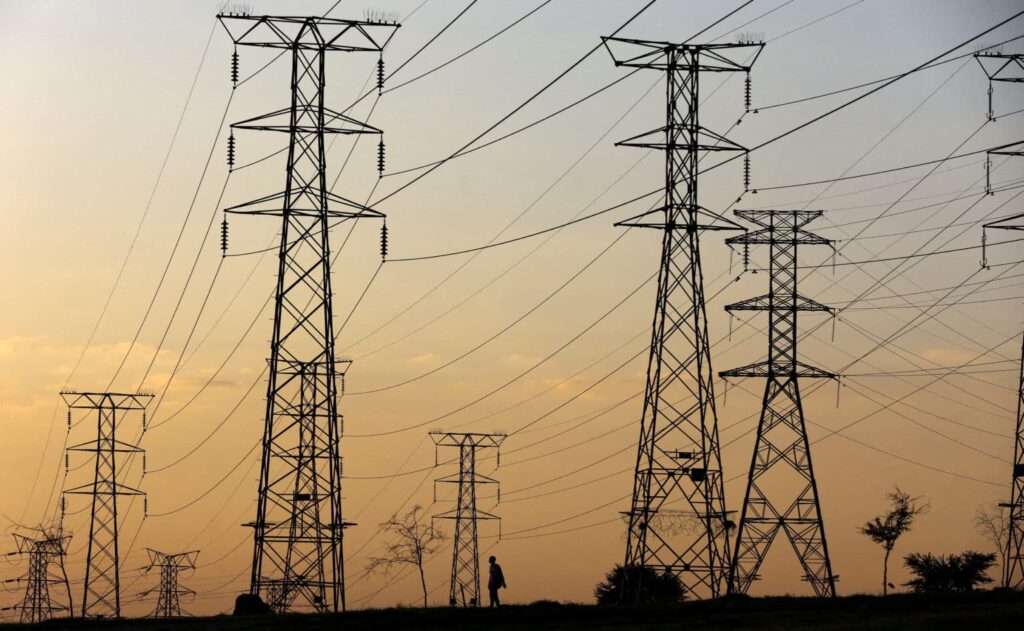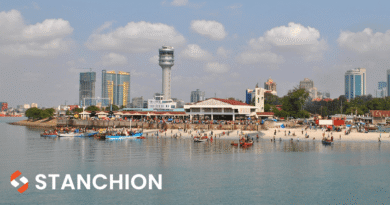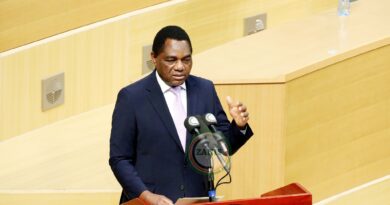South Africa Struggles to Secure Funding for Critical Grid Upgrade
South Africa’s ambitious plan to upgrade its power grid, essential for transitioning from coal to renewable energy, faces a significant financial hurdle. The country needs $21 billion to finance 14,000 kilometers of new transmission lines and pylons, but finding investors willing to lend to the near-bankrupt state monopoly, Eskom, is proving difficult.
The government, led by Energy Minister Kgosientso Ramokgopa, has made a policy shift toward renewables following May’s election, moving away from coal, which currently provides 80% of the nation’s power.
However, private providers like Mainstream Renewable, EDF Renewables, and Acciona are encountering challenges in transmitting power from remote, sun-rich and wind-rich areas to energy-demanding urban centers.
Despite the government’s push, Eskom’s financial troubles are a major roadblock. The state-owned utility already owes over 400 billion rand ($21.30 billion) and is further burdened by 78 billion rand in unpaid bills from broke municipalities.
These financial strains make it difficult for Eskom to secure sovereign guarantees, which are necessary to attract donors and investors.
Donors, who have pledged $11.6 billion mostly in loans for climate-related projects, are reluctant to provide the necessary funding without these guarantees. “Our quest to decarbonize relies heavily on our ability to expand the grid,” Ramokgopa emphasized, acknowledging the challenge of raising such a significant amount of capital.
The grid’s current configuration, which stems from the northeastern coal belt, is another issue. The Northern Cape and Eastern Cape regions, which are ideal for solar and wind energy respectively, are not well connected to the existing grid.
Eskom’s plan to build 1,400 kilometers of transmission lines annually for the next decade is far behind schedule, with only 74 kilometers completed last year.
To address these challenges, officials are exploring alternative financing methods. These include mezzanine finance, escrow accounts, and offtake agreements with private firms, which could potentially unlock funding from international sources like the United States.
However, even with these measures, significant delays are expected. “We need to build right now,” warned Rudi Dicks, head of project management at President Cyril Ramaphosa’s office.
As the government seeks solutions, the situation underscores the complex and urgent task of transforming South Africa’s energy sector. With the nation’s reliance on coal making it one of the top 15 greenhouse gas emitters globally, the outcome of these efforts will be closely watched as a test case for the global shift towards green energy.
Source: CNBC AFRICA



